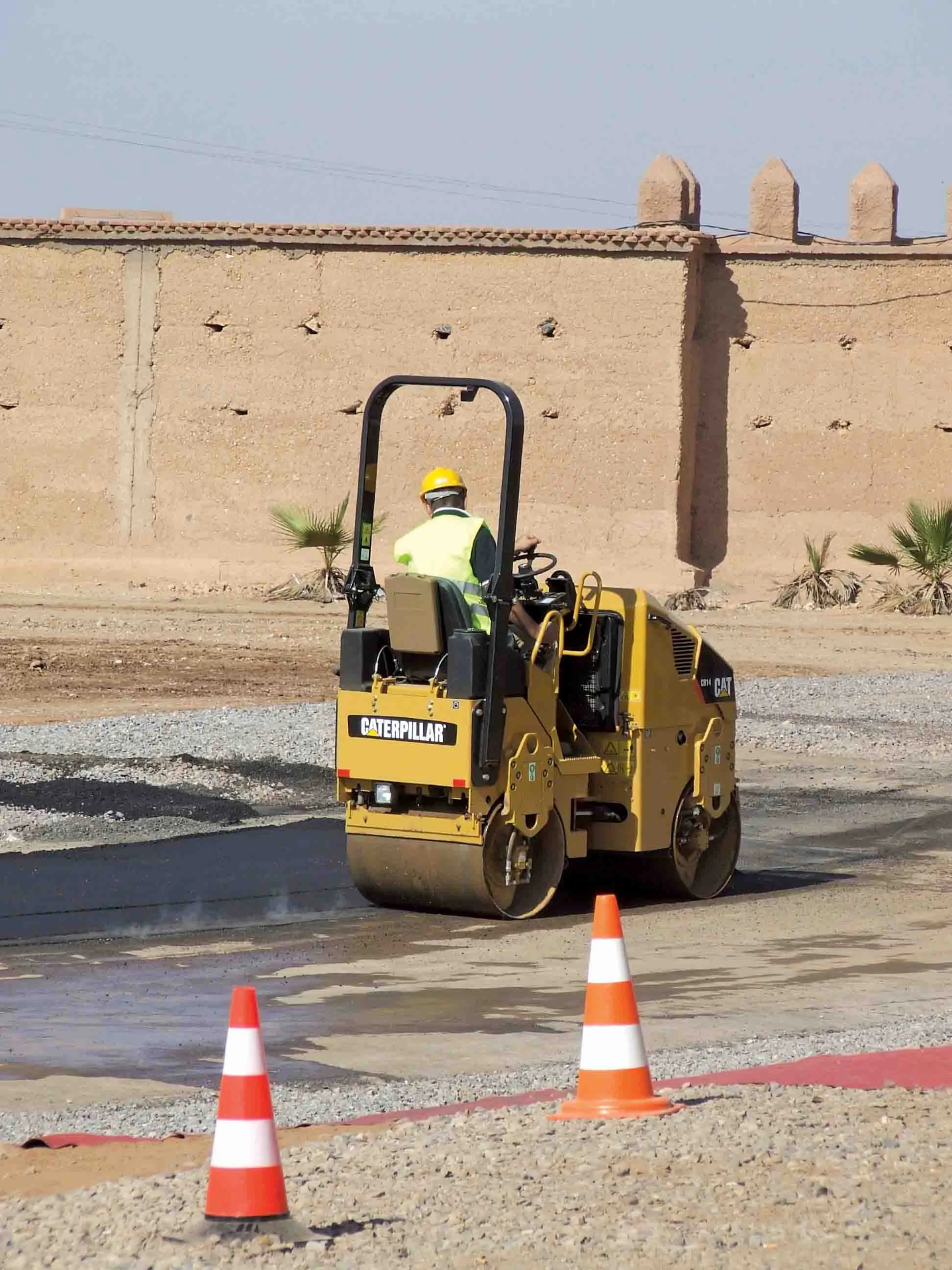NIS Glonass, Russia's national navigation services provider, and Siemens have signed a memorandum of understanding to collaborate and implement navigation and road tolling solutions based on Glonass, Russia'’s navigation satellite constellation.
March 15, 2012
Read time: 1 min
The MoU agreement establishes a strategic partnership between the companies in the preparation and implementation of a Glonass-based satellite electronic toll system that would be applied to trucks over 12 tonnes on roads throughout Russia. Indeed, at the MoU signing ceremony, the overall significance of the programme was stressed on the grounds that it will enable the collection of additional funds for modernising Russia’'s highways.









